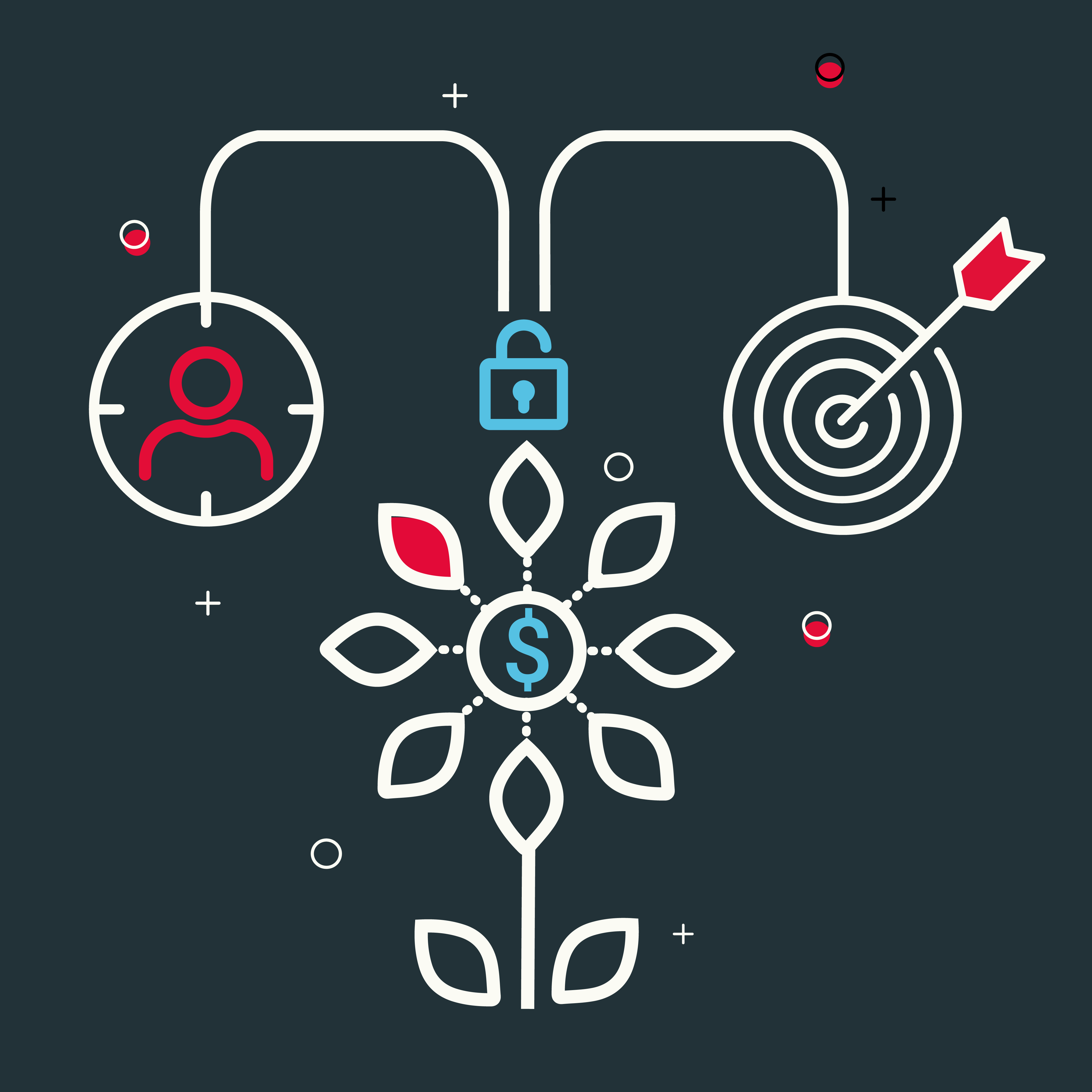What Comes After Generation Z?
In a recent workshop, one of our clients was discussing issues they will be facing as a large FMCG in 2020. One of which was the question, ‘How do we attract A+ talent in 2020?’, planning ahead for the entry of the “unemployable” Generation Z to the job market?
This got me thinking. While Gen Z might be the employees of tomorrow, they’re already the consumers of today! Businesses have spent time and money obsessing over the millennial, but times are moving on - Generation Z, for example, already hold significant purchasing power. Whilst this transition is an interesting one, shouldn’t we be looking even further?
Based on what we know about Generation Z, we can already explore 4 potential characteristics of the post alphabet generation – Alpha.
Just a quick disclaimer before we start. For Generation Z, I’m talking about those born between 1998-2011 – the youngest are 5 and have entered a world where your smartphone is your remote control to life. The oldest are now 18, remembering the 2008 recession but not a world without internet.
‘Digital is in their DNA’
This is a defining attribute for Generation Z and a catalyst for the way they live their lives and consume. The ability to be constantly connected has not only improved the ease of purchase but also the sheer range of what’s available. Technology clarifies, too – targeted information eliminates the need to sift through swathes of wrong answers.
Born around the year of the iPad, Generation Alpha is ‘part of an unintentional global experiment where screens… [act as] pacifiers, entertainers & educational aids.’ Digital engagement will clearly continue to be central to their lives. Technological advancements too, have been exponential, in all areas from health to education, and show no sign of slowing down. Will the consumer of the future look increasingly to innovations in these areas with the same level of excitement? If so, companies need to have digital woven deeply into their strategies. Or, could there be a boomerang effect where stepping back from technology continues to become a trend, with face to face interactions becoming more valued? I’d bet that businesses will always have to remain digitally on point, but how will they strike the right balance?
They have a different relationship with brands
Generation Z certainly have serious purchasing power. With all the information they need at their fingertips, though, we’ve lost the traditional meaning of loyalty (loyalty cards and schemes) but have identified a new one, based on ease of use and a heavier emphasis than ever on brand experience & message. Businesses are searching for new ways to engage the hearts and minds of their consumer.
So what will happen next? The internet is already the first port of call for shoppers – will there be a need for high street retailers in the future? For Generation Alpha, marketing will have to transform and take omni-channel further than simply having an online presence. We won’t lose high street stores but a personalised, facilitated digital experience will eclipse stores full of clothes.
They are financially conservative
Generation Z have grown up in a world of turbulence and instability. They have experienced the 2008-9 recession, and witnessed political instability shaped by 9/11, developing sensitivity beyond their years. This has impacted their view of money and choices as a consumer.
Between recent developments in the UK and studies suggesting that Millennials (parents of Generation Alpha) are at risk of becoming the first cohort to earn less than their predecessors, the immediate outlook suggests this trait will continue. Fortunes will be more self-made than ever, as the increased value of empowerment and tolerance will allow for new ways of doing business. How will markets respond to the consumer’s changing profile?
They are more self-sufficient and innovative
With financial conservatism and easy access to information comes a new attitude. If you can’t find what you need, you do it yourself! This impacts consumption – they’re looking for new solutions, things that can’t be done on their own. Opportunities are being taken, with DIYL (Do It Yourself Learning) enjoying a surge of popularity.
There’s no reason why this trend won’t continue. Digital experiences will enhance traditional education, and companies like Skillshare and Lynda will allow for more self-teaching than ever. Resources will be available from a younger age - if 7-year olds are smart phone savvy, what’s to stop the next generation of entrepreneurs having an average age of 13? What will this do to conventional business models? Iterative innovation will no longer be sufficient to attract the consumers of tomorrow.
Don’t get left behind
Getting a good handle on the future is more important than ever, particularly for larger retailers. I’ve only scratched the surface here to provoke some thought but clearly learning to survive alongside a consumer, who is increasingly self-sufficient, is critically important. Interestingly too, in a tech-focussed environment, learning to understand consumers as individuals and talking to them as humans is being cried out for.

